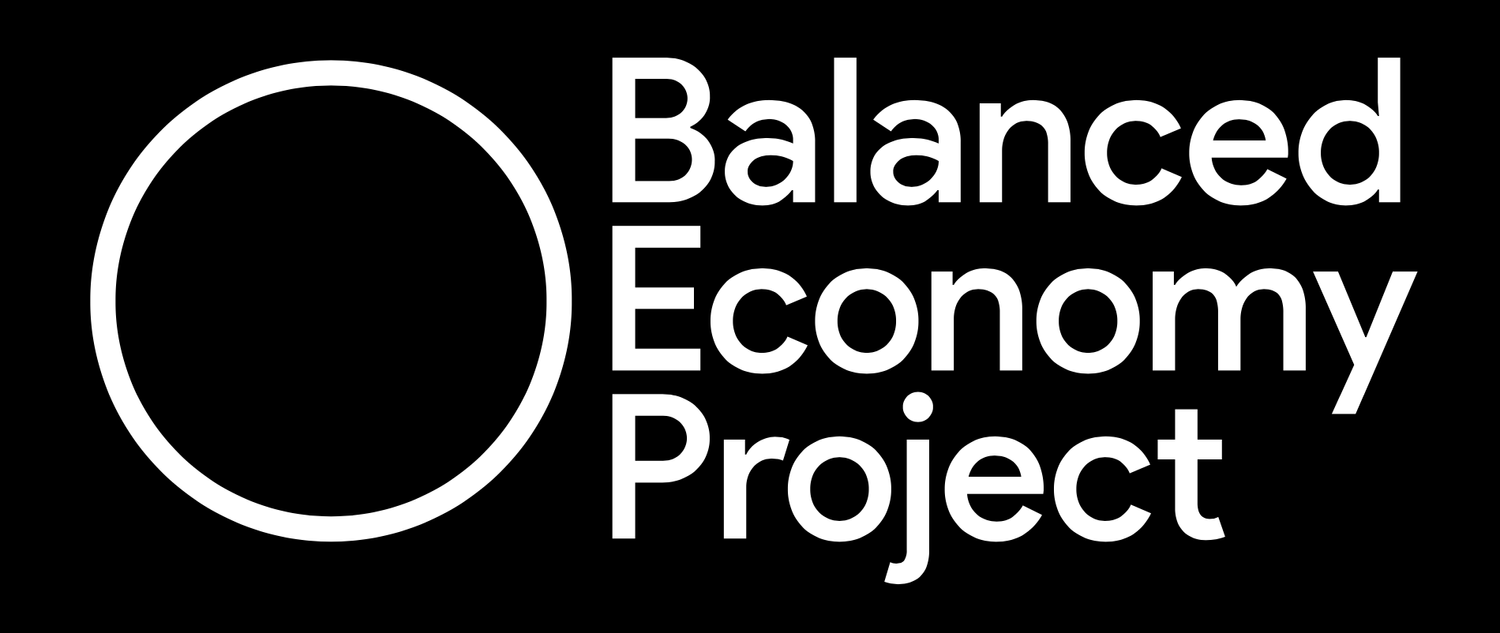The Harms from Concentrated Industries: a Primer
Denise Hearn at the Columbia Center on Sustainable Investmenthas produced an important new report about the harms from concentrated industries, or monopoly power. A lot of work has been done in this area that focuses on the United States, this brings a welcome and much wider international perspective.
In short, concentrated market power (or monopoly power,as some of us prefer to call it,) takes a cudgel to democracy, reduces prosperity and economic growth, weakens investment, saps smaller businesses, hurts workers, undermines monetary policy, harms creativity and innovation, reduces resilience, exacerbates geopolitical risks and tensions, and increases inequality, and builds popular rage.
Also, of course, it severely corrupts our politics. Indeed, there are strong grounds for saying that the exercise of monopoly power as the abuse of power for private ends is inherently corrupt, as Zephyr Teachout has shown.
The problem is severe, and getting worse. Here’s one example that Denise highlights, from the food industry where the five biggest seed firms have dramatically growing market share to gain dominance, leaving the next 15 in their wake. Power begets wealth, which begets more power.
On the bright side, monopoly power is a wonderful machine for creating billionaires (as our recent report Taken, Not Earned shows.)
Denise notes how something new is in the air:
“This presents a moment of political opportunity for a new vision, which asserts a concerted challenge to the ways in which concentrated corporate power undermines healthy economic, political, and social functioning across a range of industries.
An anti-monopoly policy agenda ensures that markets operate on fair and competitive terms, that they reward innovation, create widely shared ownership and prosperity, and allow the best ideas, products, and services to flourish. Markets are public creations, governed by democratically determined rules. Anyone can be an anti-monopolist and participate in the active governance and shaping of markets, and there is now a wide global community of people who identify as such.”
We are listed as one of several organisations that make up this movement. Others are joining the fray, as Oxfam did with its wonderful report on inequality and corporate power timed for the Davos meetings last month.
If you haven’t already, please get involved! You can sign up for regular updates. here, or on our newsletter The Counterbalance.
This was originally posted on LinkedIn.


